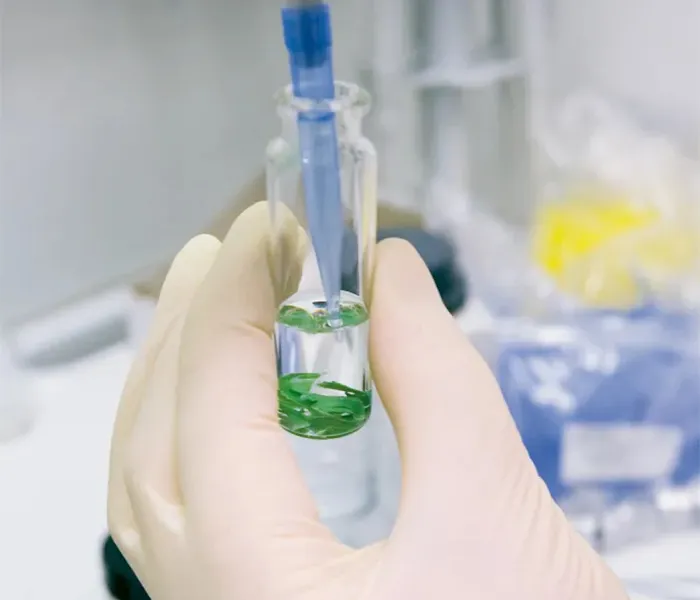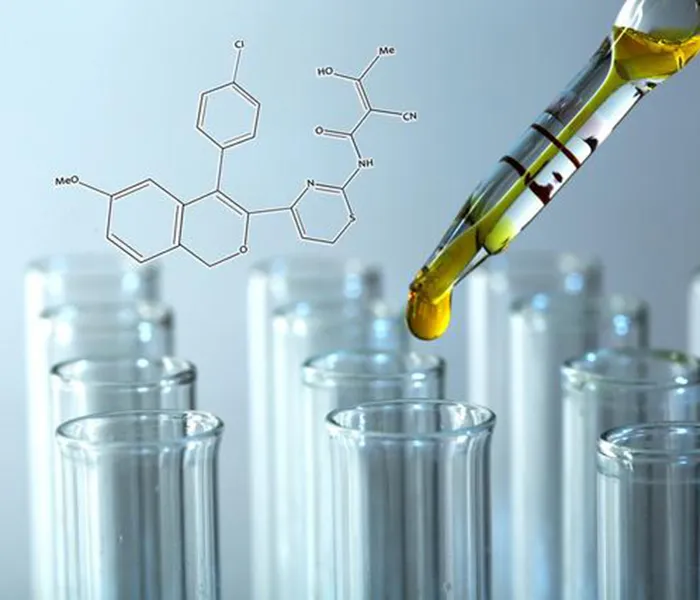Unraveling the Effects of BIS [3-(TRIETHOXYSILYL) PROPYL] DISULFIDE
BIS [3-(triethoxysilyl) propyl] disulfide, an organosilane compound, exerts a multifaceted array of effects, spanning diverse applications and industries. Here, we delve into its profound impact, shedding light on its unique properties and their implications.
1. Enhancing Corrosion Resistance
BIS [3-(triethoxysilyl) propyl] disulfide exhibits remarkable corrosion-resistant properties, effectively safeguarding metal surfaces from deterioration and degradation. Its silane functionality chemically bonds to the metal’s surface, forming a protective barrier that impedes corrosive agents, such as oxygen and moisture, from penetrating and compromising the metal’s integrity.
2. Waterproofing and Moisture Resistance
This organosilane compound also imparts exceptional waterproofing and moisture-resistant capabilities to treated surfaces. Its hydrophobic nature prevents water and moisture penetration, ensuring the longevity and performance of materials in challenging environmental conditions. It finds extensive use in industries requiring waterproof materials, including construction, electronics, and textiles.
3. Promoting Adhesion
BIS [3-(triethoxysilyl) propyl] disulfide serves as an effective adhesion promoter, significantly enhancing the bonding strength between dissimilar materials. Its silane functionality chemically interacts with both surfaces, forming strong covalent bonds that result in robust and durable adhesion. This property is crucial in applications where reliable bonding is paramount, such as in electronic assemblies and automotive parts.
4. Enhancing Electrical Properties
This organosilane compound exhibits electrical insulating properties, making it valuable for applications requiring electrical resistance. It forms a non-conductive layer on surfaces, preventing electrical leakage and protecting sensitive electronic components. Its ability to improve electrical insulation makes it a preferred choice in high-voltage and electronic packaging applications.
5. Improving Thermal Stability
BIS [3-(triethoxysilyl) propyl] disulfide enhances the thermal stability of materials, enabling them to withstand extreme temperatures without compromising their properties. Its unique structure provides thermal insulation, protecting materials from thermal degradation and premature failure. This property is particularly advantageous in industries where high-temperature resistance is crucial, such as aerospace and automotive.
6. imparting Flexibility and Toughness
This organosilane compound imparts flexibility and toughness to treated materials, increasing their resilience and resisting fracture. Its ability to form flexible cross-linked structures allows materials to withstand bending and deformation without sacrificing their integrity. This property is highly sought after in applications requiring durability and resistance to mechanical stress.
Applications across Diverse Industries
BIS [3-(triethoxysilyl) propyl] disulfide finds widespread application in various industries, including:
- Construction: Waterproofing agents, corrosion inhibitors, and adhesion promoters
- Electronics: Printed circuit boards, semiconductor packaging, and electrical insulation
- Automotive: Adhesives, sealants, and corrosion protection
- Aerospace: Thermal insulation, protective coatings, and electronics protection
- Textiles: Waterproofing, stain resistance, and wrinkle reduction
Benefits to Users
- Enhanced corrosion resistance
- Improved waterproofing and moisture resistance
- Increased adhesion strength
- Improved electrical properties
- Enhanced thermal stability
- Imparted flexibility and toughness
In-depth Exploration of Key Properties
Corrosion Resistance
- Chemical bonding to metal surfaces
- Formation of a protective barrier against corrosive agents
- Extended lifespan of metal components
Waterproofing and Moisture Resistance
- Hydrophobic nature
- Impedes water and moisture penetration
- Ensures longevity in challenging environmental conditions
Adhesion Promotion
- Covalent bonding to diverse materials
- Strong and durable adhesion
- Critical in applications requiring reliable bonding
Electrical Properties
- Formation of a non-conductive layer
- Prevents electrical leakage
- Protects sensitive electronic components
Thermal Stability
- Thermal insulation properties
- Resistance to extreme temperatures
- Ensures longevity in high-temperature applications
Flexibility and Toughness
- Cross-linked structure formation
- Resistance to bending and deformation
- Enhanced resilience and durability
Fact-Check and Information Sources
- National Center for Biotechnology Information (NCBI): www.ncbi.nlm.nih.gov/pmc/articles/PMC4911856/
- American Chemical Society (ACS): pubs.acs.org/doi/10.1021/om010447p
FAQ Page Schema





